Datum: 11.10.2019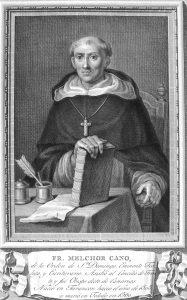
Uhrzeit: 11:00 – 13:00
Teilnehmer: Juan Belda Plans (Valencia), Elmar Klinger (Würzburg/Herzogenaurach), Boris Hogenmüller (Würzburg), Thomas Franz (Würzburg)
Organisation: Christiane Birr (MPIeR)
Ort: MPIeR
Raum: Z02
Melchor Cano (1509-1560) gehört zu den bedeutendsten Autoren der Schule von Salamanca: Bereits mit fünfzehn Jahren trat er als Schüler Francisco de Vitorias in Salamanca in den Dominikaner-Orden ein. Mit fünfundzwanzig erhielt er seinen ersten theologischen Lehrstuhl in Valladolid; nach dem Tod seines akademischen Lehrers Vitoria 1546 übernahm er dessen renommierten Lehrstuhl in Salamanca selbst. Sein Hauptwerk, De locis theologicis, 1563 posthum in Salamanca erschienen, ist das Grundlagenwerk theologischer Erkenntnislehre der Neuzeit und stellt das erste Gesamtprogramm katholischer Dogmatik als eigenständiger Disziplin dar.
Eine spanische Übersetzung dieses ebenso zentralen wie komplexen Werks der neuzeitlichen Theologie legte Juan Belda Plans 2006 vor; Elmar Klinger, Thomas Franz und Boris Hogenmüller erarbeiteten eine deutsche Übersetzung, deren Publikation noch aussteht. In dem Arbeitsgespräch wird es um die besonderen Anforderungen an die Interpretation und Übersetzung theologischer Texte der Schule von Salamanca gehen, um die Spezifika frühneuzeitlichen Lateins und den Stellenwert von Übersetzungen in der modernen Rezeption der Schule von Salamanca.
Diskussionssprachen sind Spanisch und Deutsch.
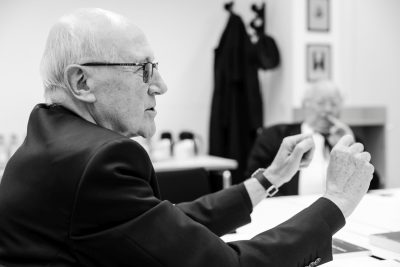
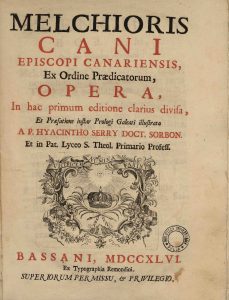
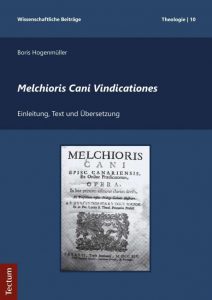

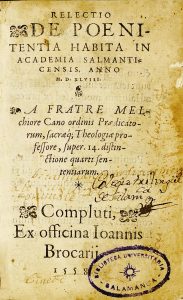
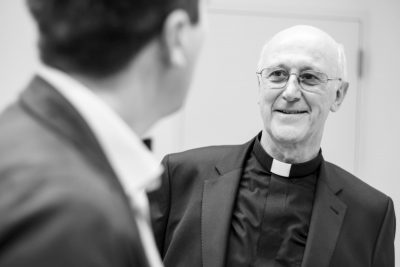 Date: 18 March 2019
Date: 18 March 2019